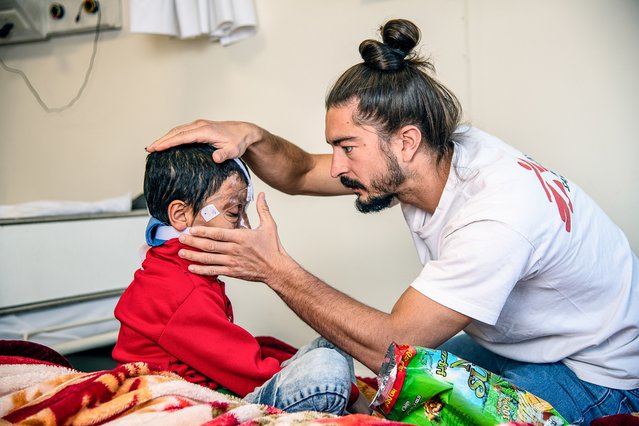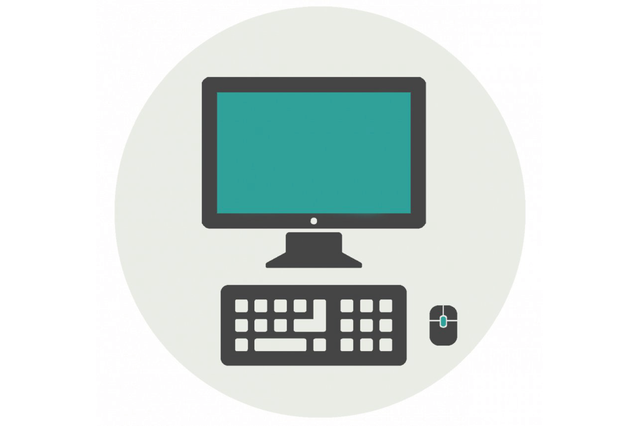
Applying
Ready to apply? It is time to start preparing your application documents. You need to ensure that you have the right documents in place and your application must be in the English language.
Here is a list of documents needed:
- CV & Motivation Letter: Upload an up-to-date CV, maximum 3 pages, highlighting key information.
- Diplomas: Upload copies of your diplomas.
- License: For medical roles, submit a copy of your medical license and/or medical board registration.
- Skills List: Each role requires a specific skills list, provided during the application process.
- Position-Specific Documents: Additional documents may be required for some roles; check the website and job listing for details.
Do you have all your documents ready? Great! It is time to apply online. All applications must be submitted through our website, applications are not accepted in any other way. After the application is submitted, you will receive an automatic confirmation of your application.
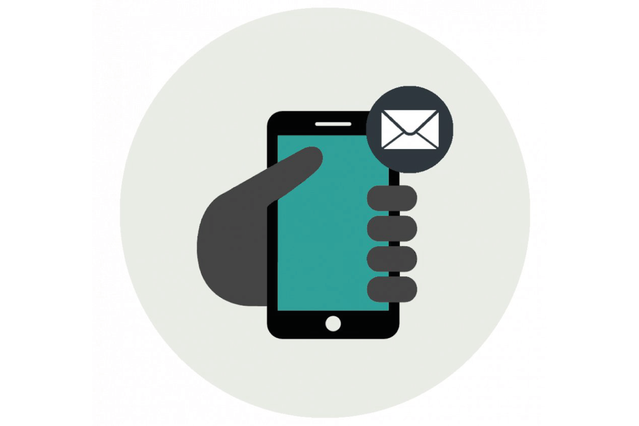
Feedback
Recruitment is based on the needs directly linked to operational activities within each country where MSF operates. Often MSF recruitment teams receive a higher number of applications than actual vacancies available across various projects and due to a high number of applications submitted, the time it takes to process an application may be lengthy. We aim to respond to your application within 3 months. You can always contact the recruitment team regarding updates or questions about your application via amsterdam.recruitment@amsterdam.msf.org.
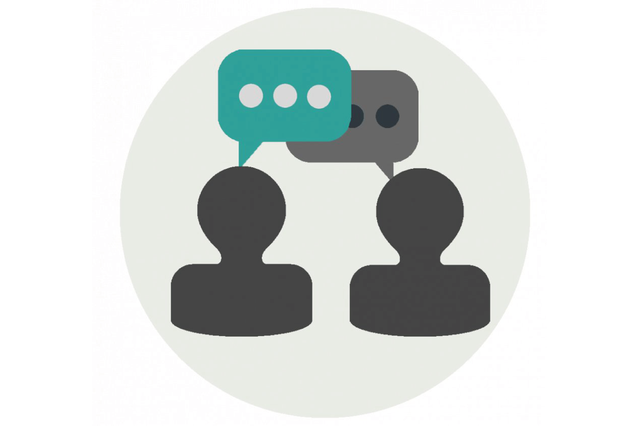
The recruitment process
The recruitment process and steps can differ slightly depending on the role; however, most roles follow this process:
- Pre-intake Call: Initial phone or Teams call to discuss your CV, availability, security, languages, MSF's abortion policy, salary and benefits, vaccinations, and passport validity.
- Medical License Verification: Checking and verifying the registration and expiration dates of medical licenses, along with other relevant diplomas.
- Technical Validation: Assessment of technical skills by a technical referent, with a process varying by role, requiring a CV and skills-list, and possibly additional documents (like a case study).
- Language Test: An external language test may be conducted to evaluate the candidate's proficiency, with results shared for development purposes.
- Intake Interview: Completion of a personality questionnaire before the interview to evaluate personality traits and competencies relevant to the role, aiding in-depth discussion during the interview.
- Competency-Based Interview: For Coordinator positions, an in-depth assessment of role-specific competencies using examples from past work experiences.
- Reference Checks: by contacting your references, we aim to get an independent insight into the candidate’s previous on-the-job performance. It verifies information that a candidate lists on their CV, in their motivation letter and during the intake interview. Additionally, MSF-OCA/Netherlands is dedicated to safeguarding everyone who comes into contact with the organisation, for whatever reason and however brief. All posts are subject to safer recruitment process which include scrutiny of employment history and criminal record check.
- Feedback Call: Notification of the decision (acceptance to the pool or not) with extensive feedback on strengths and areas for improvement.
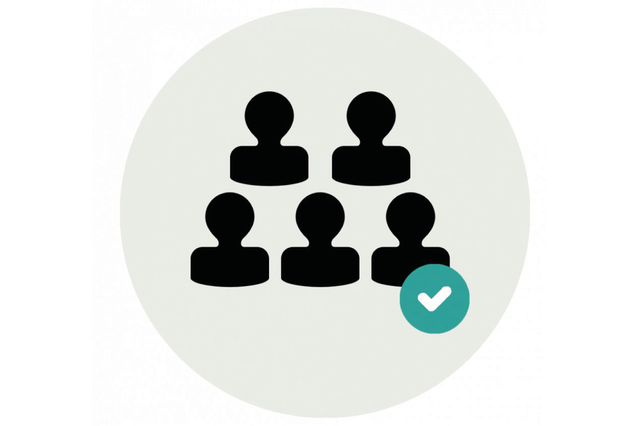
Acceptance into MSF's Pool.
Congratulations! The final step is for the recruiter to introduce you to your Career Manager (CM), after which your CM will contact you for the next steps. This is where the recruitment process and recruiter’s job end. A Career Manager supports International Mobile Staff in their career development and job placement within MSF. If you are accepted into MSF-Netherlands (OCA) International Mobile Staff pool, do not quit your current job until you get a confirmed project proposal with a tentative start date, and salary and benefits have been discussed with your Career Manager. It is important to always inform the Career Manager about any changes in your availability.
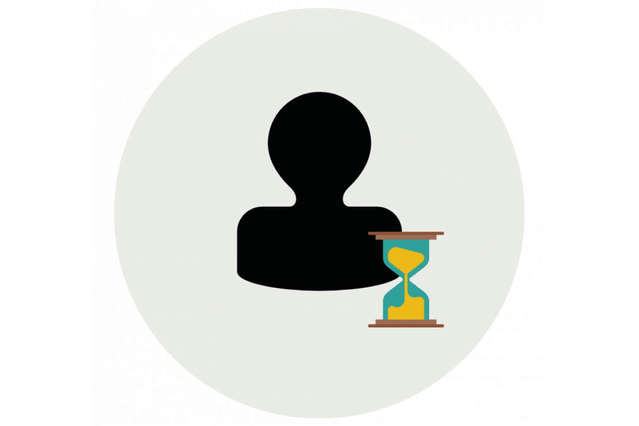
Waiting for the right role
Once you have been accepted in the pool, you are considered available to work for MSF. It is really important that you take this seriously and are very clear about your availability. Finding a role that is suitable for someone going on their first assignment with MSF can take anywhere between one to nine months. We want to make sure that you are matched to a position that is comfortable for you. When considering you for a position, we will take into account your skills, previous experience and language skills. It is not possible for you to choose a particular location. Placements are determined by the operational needs in the projects and we ask you to be as flexible as possible so we can place you where you are needed most.
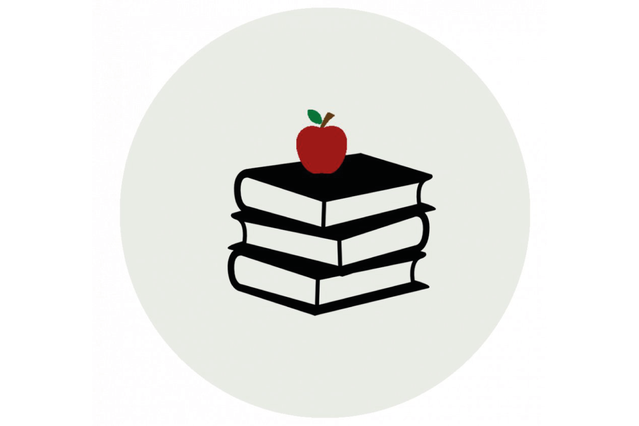
Pre-departure training
Once matched to an assignment, you will be sent on a one-week preparation course known as the PPD (preparation for primary departure).
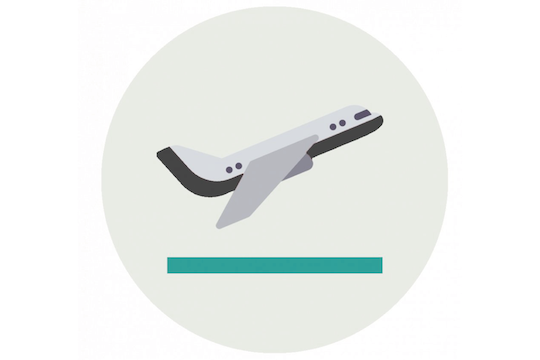
Your first project assignment
We will arrange your flights to and from the project in which you will be working. Upon arrival at the project, you will be given a full briefing by the in-country team, and when you reach the project there will be a handover period with the person you will be replacing.



